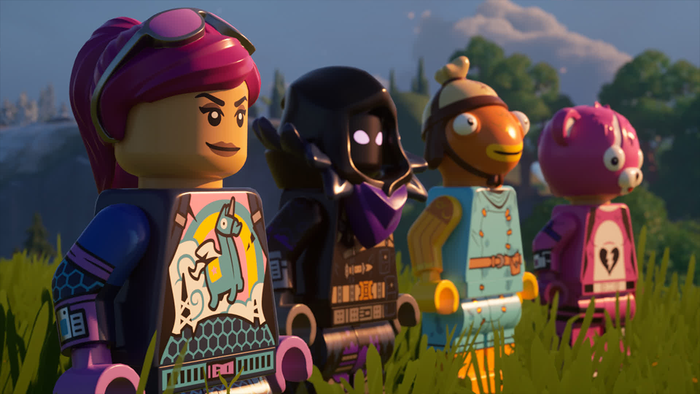After a brief waiting period for public comment, the FTC has voted 5-0 to order Sony and its one-time marketing partner to make amends for intentionally misleading people with Vita launch advertising.

This week the Federal Trade Commission unanimously approved final orders against both Sony and its one-time marketing partner compelling them to make amends for intentionally misleading the public with advertising campaigns for the PlayStation Vita launch.
Last November Sony agreed to a settlement with the FTC after the agency complained that SCEA and its advertising partner, Deutsch LA, willfully misled people in 2011 and 2012 by (among other things) prominently advertising Vita remote play features ("pause your PS3 game and pick it up on your Vita") with gameplay footage of "data-rich" PlayStation 3 games like Killzone 3.
The FTC claimed Sony knew (or should have known) that the PS3 wasn't equipped to deliver that experience, and after a brief period for public comment the commission has now finalized its settlement orders against both Sony and Deutsch LA.
Under the terms of the agreement, Sony is expected to recompense anyone who purchased a Vita before June 1st, 2012 with either a $25 refund or a $50 voucher for select SCEA games and services. The company is also explicitly barred from making misleading advertising claims about future handheld console products.
As for Deutsch LA, the FTC has barred the agency from making any similarly misleading advertising claims. In addition, the agency must "disclose a material connection, where one exists, between any endorser of a game console product or video game product and Deutsch LA or other entity involved in the manufacture or marketing of the product."
It's a very specific answer to the FTC's complaint that Deutsch LA employees were asked to broadcast positive opinions about the Vita over their personal social networks (using the hashtag "#gamechanger") without being required to disclose their relationship to the product. At the time, an FTC representative claimed it was the first case in which the agency has acted against a company for misleading consumers via promotional tweets.
About the Author(s)
You May Also Like








